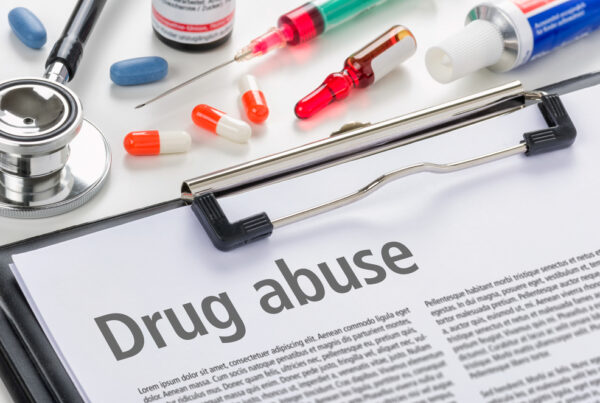Alcoholism, also referred to as alcohol use disorder, is a chronic disease that will affect all areas of one’s life. According to the Mayo Clinic, “it is a pattern of alcohol use that involves problems controlling your drinking, being preoccupied with alcohol, continuing to use alcohol even when it causes problems, having to drink more to get the same effect, or having withdrawal symptom when you rapidly decrease or stop drinking.” An individual that is addicted to alcohol will prioritize satisfying his or her alcohol cravings above all else. This can invariably lead to physical complications, relationship fractures, financial strain, legal problems, and more. There are a variety of treatment options available for individuals struggling with alcohol use disorder.
Detox
Prior to attending a formal substance abuse and/ or addiction treatment program, an individual that has struggled with alcohol abuse must undergo detox. Detox is the process that rids one’s body of all abused substances. When an individual has habitually abused alcohol, his or her system will become accustomed to functioning with it present. When alcohol is removed from one’s system it will react accordingly and withdrawal symptoms will ensue. Though the withdrawal symptoms that accompany detoxing from alcohol are not inherently life threatening, many can cause severe discomfort, and support throughout the duration of the detox program via a medically supervised detox is recommended. Subsequent to the detox process, an individual that has struggled with alcohol abuse should seek formalized substance abuse and/ or addiction treatment.
Treatment Options
Every person is different and will require a somewhat customized treatment plan when it comes to recovering from alcoholism. There are two main types of substance abuse and/ or addiction treatment programs, which are inpatient treatment programs and outpatient treatment programs. Inpatient treatment options require an individual to reside at the treatment facility for the duration of the program, whereas outpatient treatment options do not. Though the structure of the programs differs, both have the same primary goal: to help an individual become sober and healthy. Treatment programs can vary in length, typically ranging between twenty-one days long to three months long, in some cases longer. Each inpatient and outpatient substance abuse and/ or addiction treatment program is different. Substance abuse and/ or addiction treatment programs are often comprised of a variety of treatment methods (e.g. individual psychotherapy, group therapy, creative arts therapies, etc.). Both options, inpatient treatment and outpatient treatment, can yield successful results, depending on the needs of the individuals.
Aftercare
Developing an aftercare plan is an integral component of any type of formalized substance and/ or addiction treatment. An aftercare plan provides general suggestions and personal recommendations for an individual to refer to after he or she has completed the substance abuse and/ or addiction treatment program. An aftercare plan can be an excellent resource as it often includes relapse prevention strategies as well as provides tailored guidance for an individual to maintain continued sobriety.
Disclaimer:
The information above is provided for the use of informational purposes only. The above content is not to be substituted for professional advice, diagnosis, or treatment, as in no way is it intended as an attempt to practice medicine, give specific medical advice, including, without limitation, advice concerning the topic of mental health. As such, please do not use any material provided above as a means to disregard professional advice or delay seeking treatment.




